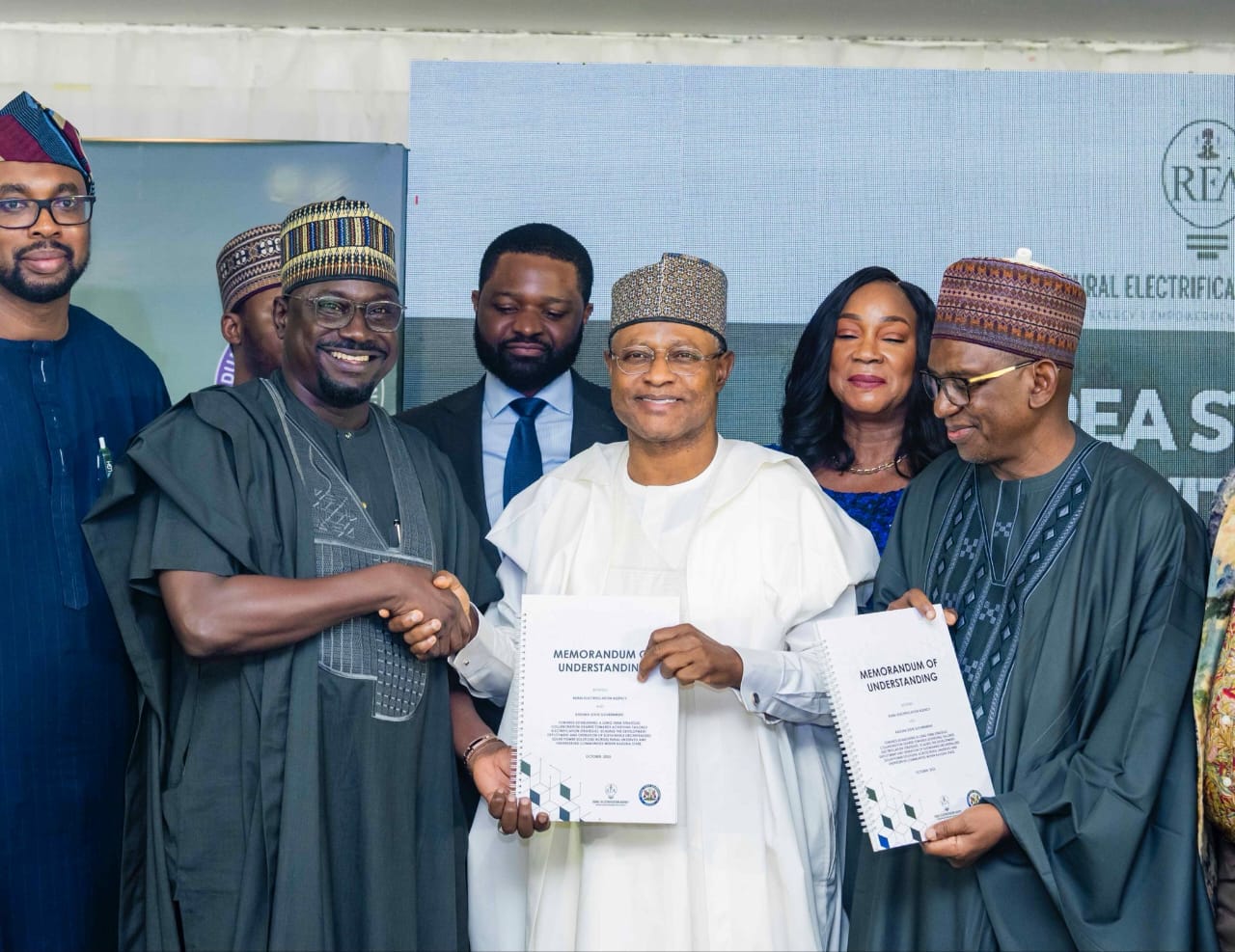The Senate has expressed concern over the persistent challenges plaguing Nigeria’s downstream petroleum sector and has resolved to undertake a comprehensive investigation aimed at restoring efficiency, transparency, and industrial harmony.
Chairman of the Senate Committee on Petroleum (Downstream), Senator Kawu Sumaila (Kano South), disclosed this in Abuja on Thursday in a statement outlining the committee’s new action plan.
According to Sumaila, the initiative follows resolutions reached at the committee’s recent retreat and forms part of its Strategic Action Work Plan (Q4 2025 – Q4 2026).
He said the planned investigative hearing will examine operational inefficiencies, policy inconsistencies, and industrial disputes undermining the sector’s performance.
“The Senate Committee on Downstream Petroleum has resolved to undertake a comprehensive investigative hearing on the current challenges in the downstream petroleum sector,” Sumaila said.
He listed key focus areas to include the state of private and government-owned refineries, disputes involving the Petroleum and Natural Gas Senior Staff Association of Nigeria (PENGASSAN), the National Union of Petroleum and Natural Gas Workers (NUPENG), and other labour groups, as well as allegations of crude supply shortfalls, regulatory overlaps, and transparency gaps in the sector.
The lawmaker said the committee will ensure a fair, transparent, and inclusive process that allows all stakeholders—private refinery owners, regulators, marketers, labour unions, and civil society groups—to make submissions and raise concerns.
Sumaila added that the findings will help the Senate redefine the roles of key regulatory bodies under the Petroleum Industry Act (PIA), address systemic bottlenecks, and strengthen oversight mechanisms.
“Our goal is to safeguard workers’ rights, promote industrial harmony, and enhance Nigeria’s energy security, transparency, and competitiveness,” he said.
Calls for transparent procurement process
Meanwhile, the Senate has called for stricter compliance and greater transparency in Nigeria’s public procurement processes, stressing that every naira spent must translate into measurable development outcomes.
Senator Olajide Ipinsagba (Ondo North), Chairman of the Senate Committee on Public Procurement, made the call during a two-day retreat organised by LeadBold Resource Consulting at Fraser Suites, Abuja. He described public procurement as “not merely a technical exercise but the mechanism through which government policies are converted into tangible services, infrastructure, and national development.”
While acknowledging the progress brought by the 2007 Public Procurement Act and the establishment of the Bureau of Public Procurement (BPP), Ipinsagba emphasised that more reforms are needed to strengthen integrity, efficiency, and accountability across the system.
“Public procurement is a continuous process of evolution, adaptation, and learning. The Committee remains committed to oversight, policy advocacy, and reforms to make Nigeria’s procurement practices a model of transparency—not just in Africa but globally,” he said.
Ipinsagba urged the adoption of international best practices and innovation to ensure public spending translates into improved schools, safer roads, better healthcare, and a more prosperous nation, aligning with President Bola Tinubu’s Renewed Hope Agenda.






